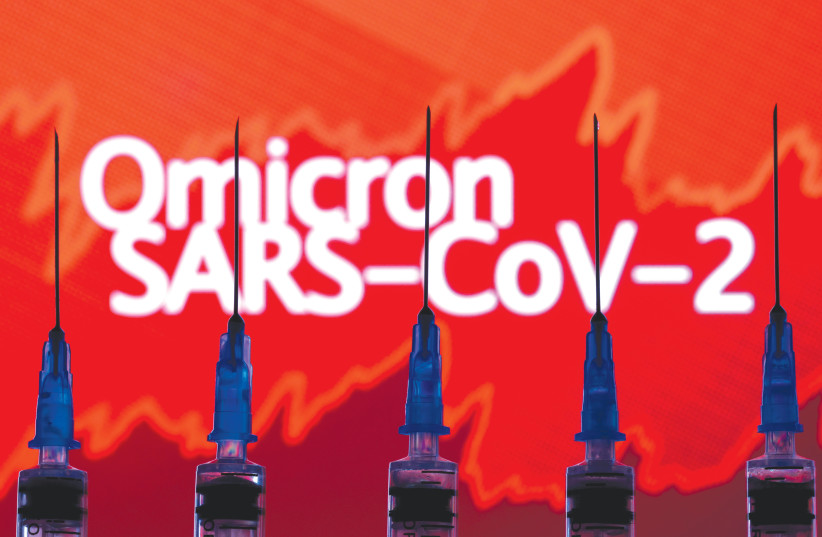Skin biopsies can assess tissue damage caused by COVID-19, a new study published on Thursday found.
The study, which was published in the peer-reviewed American Journal of Pathology found that patients with severe cases of COVID had clots in blood vessels even when the skin appeared normal.
The procedure was used for the first time in this study. In the past, more invasive biopsies would have had to be used to detect the damage.
“We were the first group to recognize that the lung disease of acute COVID-19 was different from other severe critical respiratory infections, and that the unusual pathology was systemic,” said Lead Investigator Jeffrey Laurence.
The method

The researchers collected biopsy samples from patients in intensive care with COVID as well as patients with moderate cases and patients with other respiratory or kidney diseases. They only found the damage in patients with severe cases of COVID.
They also found that patients with moderate COVID had an antiviral protein that was actively fighting the virus.
While the researchers acknowledged that a more extensive study needed to be done, they believe their results from this study can point to an ability to recognize tissue damage with a skin biopsy and recognize severe cases earlier.
“If validated in a longitudinal cohort, earlier identification of factors linked to severe COVID-19 using a simple skin biopsy in patients at early stages of SARS-CoV-2 infection may help identify individuals at risk of acute disease progression and long COVID and enable early targeted interventions,” said Laurence.
